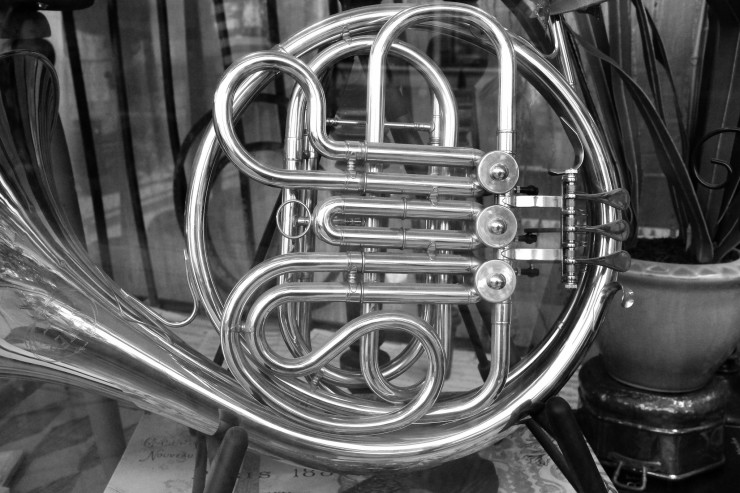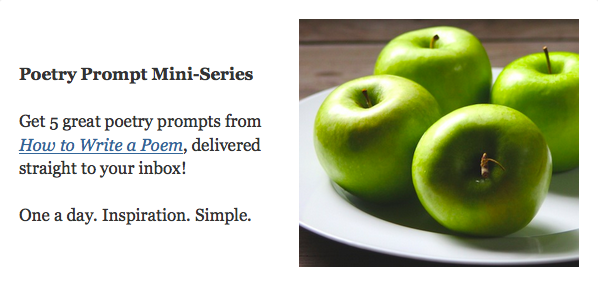
Strengthen, my Love, this castle of my heart,
And with some store of pleasure give me aid,
For jealousy, with all them of his part,
Strong siege about the weary tower has laid.
Nay, if to break his bands thou art afraid,
Too weak to make his cruel force depart,
Strengthen at least this castle of my heart,
And with some store of pleasure give me aid.
Nay, let not jealousy, for all his art
Be master, and the tower in ruin laid,
That still, ah, Love, thy gracious rule obeyed.
Advance, and give me succor of my part;
Strengthen, my Love, this castle of my heart.
Yet, it doesn’t bode well to be sad all the time, so the last stanza often flipped the script, leaving the reader with a more upbeat — c’est la vie! — Ah, such-is-life, kind of ending. A modern rondeau can be playful, nonsensical, bleak, or whatever strikes your fancy. One famous rondeau by Frank O’Hara begins with a mysterious directive: “Door of America, mention my fear to the cigars.”
Let’s recall the structure of the rondeau: Fifteen lines broken into three stanzas — a quintet (five lines), a quatrain (four lines), and a sestet (six lines). The rondeau is characterized by repeating lines of the refrain and the two rhyme sounds throughout. The refrain is a recurring phrase (words or tones) in a musical work. In a rondeau, we see the refrain appear three times. It’s all or part of the first line of the poem, and then it is the last line of the second and third stanzas. Take another look at Paul Lawrence Dunbar’s poem, “We Wear the Mask” above to see how he arranged the refrain as part of the first line.
The rhyme: aabba-aabR-aabbaR
Try a Rondeau
Now that you’re getting the hang of its structure, write a thoroughly modern — cheerful or nonsensical rondeau.
Click to get 5-Prompt Mini-Series
Featured Poem
Thanks to everyone who participated in last week’s poetry prompt. Here is a rondeau from Rick we enjoyed:
What Will You Remember
What will you remember, when again
the sun will warm you, or the rain,
with some surviving sense of place,
will touch you like a tear upon your face
from a life once lived in joy and pain?
Like drops of water on a windowpane,
our lives converge and so are fain
to seem, like the swell and settle of the sea.
What will you remember?
All tossed in time, all love and war a skein;
the threnody we sang, or glad refrain
will come to touch us in our sleep,
like phosphorescence from the deep
and leave a dream we can’t explain.
What will you remember?
—Rick Maxson
Photo by Leighklotz. Creative Commons via Flickr.
Browse more Rondeau poetry
Browse more writing prompts
Browse poetry teaching resources

“How to Write a Poem is a classroom must-have.”
—Callie Feyen, English Teacher, Maryland
- Poetry Prompt: Misunderstood Lion - March 19, 2018
- Animate: Lions & Lambs Poetry Prompt - March 12, 2018
- Poetry Prompt: Behind the Velvet Rope - February 26, 2018

Donna says
Ahhh that phosphorescence line still gets me… I love it. Great poem, Rick!
Heather, I love the way you put it: it doesn’t bode well to be sad all the time, so the last stanza often flipped the script, leaving the reader with a more upbeat — c’est la vie! HA! 😉
Heather Eure says
Thanks, Donna!
Rick Maxson says
Oh my! I also changed L2 in S2 in the first one and forgot to change it in the revision. I’m tired I guess. Here is the acceptable one: Delete the other two.
1967
Loving was favored, last strawberry moon.
How fitting our voyage toward Venus in June,
in Monterrey, with a song, rose the beautiful Dead,
Century Plaza sent guns, we brought flowers instead.
The Doors were opened hesitation was through.
In the seventh house rose the pumpkin, so went the tune,
let the sunshine we sang and please make it soon,
for there were riots and wars, and through all of this dread,
Loving was favored.
Elvis was married. Fools rush in he would croon.
The cat broke his fiddle and the dish killed the spoon.
The children were lying awake in their beds,
while visions of mushroom clouds danced in their heads.
It was the summer of love, though there was darkness at noon,
Loving was favored.
Rick Maxson says
Thanks Heather!
Heather Eure says
You captured the generation so well! It ends on a beautiful note: “Loving was favored.”
r says
Thanks, Heather. The first words and the refrain refers to the Supreme Court case in June of 1967 Loving vs Virginia. The state of Virginia had passed a law making interracial marriage illegal. The Court overturned Virginia’s law.
Rick Maxson says
I got glitched while typing my name. r = Rick
Heather Eure says
Oh, those glitches!